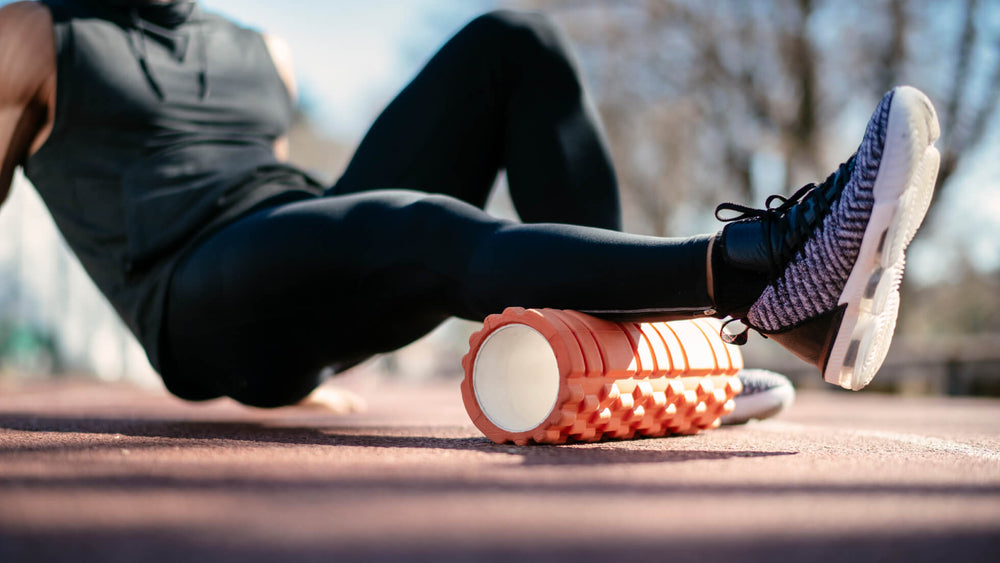Behold the Power of Beets For Athletes

As an athlete, you are probably looking for ways to be just a hair better than your competition. But you probably haven’t considered that beets may be just what you need to raise the bar. Yep, those little red root vegetables have several powerful ingredients that can help you push through when your reserves run low.
Nutrition in Beets
Beets have a bad reputation for being high in sugar, but they don’t have any more sugar than other root vegetables. A cup of beets has about 60 calories and 13 grams of carbohydrates — fairly standard for a starchy vegetable. They also have 4 grams of fiber per cup, which counteracts some of the blood sugar effects of the carbs.
The real nutritional magic in beets is in the vitamins, minerals and phytonutrients they contain. Beets are high in vitamins C, A, B6 and folate. They are also incredible sources of lutein, iron, zeaxanthin, potassium, manganese, phosphorus and calcium. These nutrients help keep bones healthy and function as electrolytes — important for post-workout recovery.
Beets and Performance
A 2013 study in the Journal of Applied Physiology evaluated the impact of beetroot (basically powdered beets) on high-intensity exercise. Ten participants were given beetroot or a placebo two hours before working out. Those who took the beetroot were able to exercise 14% longer than the placebo group. These subjects also reported that the exercise felt easier and that they performed better overall.
The reason for the improvement in performance is that beets increase nitric oxide in the body, which helps improve oxygen efficiency during exercise.
Beets and Recovery
Beets not only help performance, they can also help support a faster recovery. A 2016 study published in the European Journal of Applied Physiology gave active men beet juice or a placebo for 48 hours after high intensity activity. Inflammation markers and muscle recovery were measured for 72 hours after the activity. Participants who drank the beet juice were found to less muscle soreness, indicating a faster post-workout recovery.
Harnessing the Power of Beets
Beets may seem intimidating if you don’t know how to prepare them, but they are actually quite easy to add to your diet. Whole beets they taste great roasted. Eat them warm or cool and use in a salad, or try this tasty INVIGOR8 smoothie recipe.
Speaking of salad, they can also be shredded and grated raw into a salad, like you would shred a carrot. Or look for freeze-dried beets, which are similar to potato chips in texture but a bit sweeter.
You can also experiment with beetroot powder. Add it to our shakes for an extra pre- or post-workout boost.
Freeze-dried beets, beet juice or beetroot powder will give you a little nitric oxide boost and some sugar to help you breeze through your workouts, get a leg up on the competition, and enjoy a smoother recovery - much like the proven benefits of tart cherry juice for athletes.
Take the next step in your training regimen: Try any BRL Sports supplement risk-free! If our natural nutritional products aren’t the best you’ve ever used, simply return your purchase for a 100% refund — no questions asked!
Also in Inspiration & Perspiration

Extreme Endurance: How Elite Athletes Train Beyond the Limit
Explore how elite athletes train for extreme endurance. Learn what it takes to build physical and mental capacity for ultra-distance performance.

Marathon Training Nutrition: Complete Fueling Guide from Base Building to Race Day
A practical guide to marathon training nutrition, with fueling strategies, common mistakes to avoid, and how to adjust your intake from base to race.

Creatine vs Pre Workout: Which Should You Take? (Or Both?)
Creatine and pre workout serve different goals. Learn how they compare, when to use them, and whether stacking both is right for your routine.


